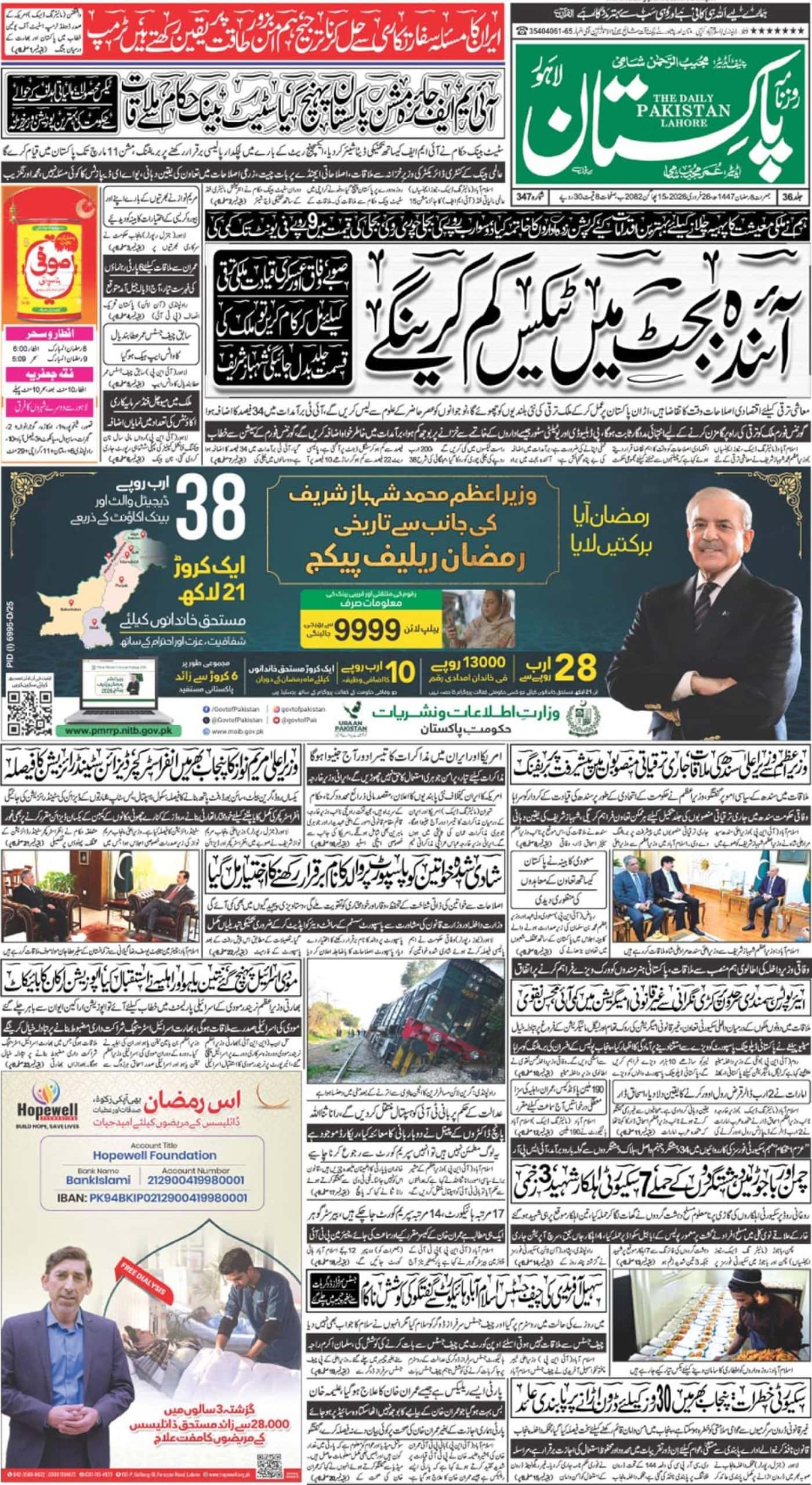There are more transparency, less corruption, and better working of a political system where a parliament performs its oversight functions effectively. The consequences of an effective parliamentary oversight are generally agreed upon, there is, however, much less consensus on are causes of its effectiveness and what is the relationship between the effectiveness of the parliamentary oversight and the oversight tools, a parliament has at its disposal.
There are two theoretical contexts that comprehensively explain the oversight process and its effectiveness in Pakistan. The first is that the impact of oversight tools on the effectiveness of the oversight process is conditional. The second is that ‘political will’ is required pre-condition for ensuring that parliament has performed oversight function effectively.
It is to say that a parliament or a legislator uses oversight tools only when they have a political will to act. The willingness to perform the oversight functions is motivated by the benefits (material, electoral, or symbolic). In other words, a legislator performs effectively when he/she believes that they may receive benefits that provide them with the political will to become an effective overseer.
There are two positions that how the oversight capacity affects the effectiveness of oversight. The first position is that simply increase in the oversight capacity automatically translates into the oversight effectiveness. According to the second position, the relationship between oversight capacity and oversight effectiveness is mediated by three elements: the mandate of a parliament (powers of a parliament), resources (staff and information) available to it and, political will.
Regardless of how oversight mandates and resources are important, they are not more important than the political will of a legislator with which he/she is endowed with to use the mandate and these resources effectively.
This argument is echoed in and supported by the numerous evidence of the executive-legislative relationships in Pakistan. For instance, parliament’s inability to scrutinize the defense expenditures effectively, to hold government accountable, to scrutinize the executive’s legislative plans or to amend these proposals, and to scrutinize the public money and budget implementation is attributed to the lack of legislators’ political will to do.
The parliament of Pakistan can be criticized for the way it fails to perform its functions effectively, for instance, for becoming a house of applause by ratifying the executive’s legislative projects, and, for renouncing to perform functions assigned to it by the constitution effectively for the promotion of pluralist democracy and good governance. It is not a place of people’s power and representation but it has become an instrument of power and element of decorum only.
Parliament of Pakistan has been often unable to perform effectively due to the absence of the political will of the legislators. However, this problem is not new. In Pakistan, the legislators have historically been unwilling to perform effectively as counterweights to the executive. It is due to the factors namely the predominance of the executive, the periodic military interventions, the judicial activism and bureaucratic culture of power that prevents or discourages the legislature to perform its functions effectively.
There has been a great change in the role and powers of the parliament and significant variations in how executive-legislature relations have evolved in Pakistan where the legislature is controlled by the head of the party in power having occupied the office of the chief executive and have yet not found the political will to perform its role as an effective overseer of the executive branch.
The parliamentary reforms and emergence of pluralist parliamentary party system have generally contributed to favorable conditions for oversight effectiveness. The relationship, however, between the oversight effectiveness and each of these conditions is certainly not deterministic but more complex and non-linear.
To reinforce the argument, three considerations are suggested to make legislators perform their functions effectively.
First, the use of oversight tools effectively is conditional; it depends on the mandate and resources a parliament has at its disposal and on the political will to use these resources and tools to effectively perform the given functions.
Second, the effectiveness of parliamentary oversight is relative. The conditions that encourage a legislator to perform effectively in one case might prevent the legislator to perform effectively in another case.
Third, whenever the parliamentarians refrain from performing their functions effectively, it is because they lack the will to act. It is to say that parliamentarians believe that costs associated with being an effective overseer greatly outweigh the benefits.
There are broadly four strategies for promoting political will. These four approaches are consisted of explaining to parliamentarians the importance of oversight, explaining to voters why the oversight is important, engaging international organizations for oversight process support, and introducing adequate institutional reforms within.
Building on the line of these arguments, it is suggested that popular demand for oversight effectiveness is the most important prerequisite for oversight effectiveness. It is argued that institutional reforms and parliamentarians’ will to understand the importance of oversight both are demand-driven.
If there is a certain number of citizens demanding oversight, there is a calling for the parliamentarians to have rewards; if there is a reward, the reelection, for performing effectively for parliamentarians, then it is in the self-interest of parliamentarians to perform effectively. It is to say that popular demand for oversight effectiveness stimulates the parliamentarians to perform effectively, to favor the conditions for institutional reforms, and, eventually, to ensure that oversight functions are performed effectively by a parliament.
Thus, in Pakistan, if we wish to make parliament an effective overseer of the executive, we need to change our approach that is to say that we should be less concerned with the oversight tools and mandate parliament has at its disposal and more concerned with ensuring the political will of parliamentarians to use these tools effectively in a meaningful way for the promotion of the quality of democracy and level of good governance in the country.
The author is a Ph.D scholar and visiting lecturer at Quaid-i-Azam University, Islamabad.














